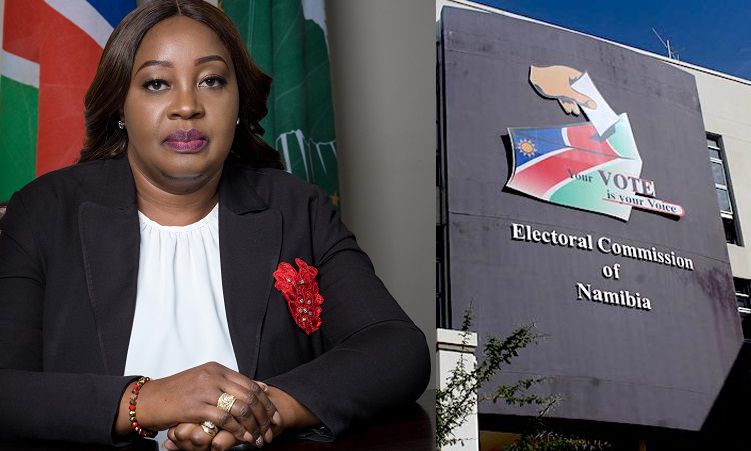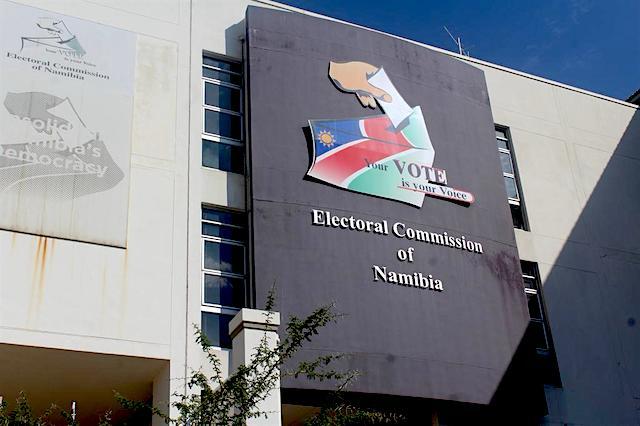CAPE TOWN- The industry executives who pile into Cape Town every year for the annual African mining conference love the sun, wine and stunning mountain backdrop the venue provides. But South Africa’s once towering mining industry is no draw and investors flocking to the ‘Indaba’, as it is called, have their sights set on alluring prizes elsewhere on the continent.
Gold and diamonds built Africa’s largest economy, which also boasts 80 per cent of the world’s platinum reserves, but outside investors remain wary of sinking money into an industry that appears in a state of terminal decline.Soaring labour and power costs which are not matched by productivity gains, not to mention the world’s deepest shafts for those mining gold, are all making South Africa a treacherous place for miners who are finding less headaches elsewhere.Political risk and policy uncertainty have also dampened the enthusiasm of an industry that must invest millions and even billions to build mines before it can recoup any profit.’You look at any of the major mining companies and they are very happy to spend billions of dollars to develop mines and related infrastructure in countries like Mongolia, Indonesia and Guinea, and are willing to spend billions of dollars on acquisitions, and a multi-year investment programme in Mozambique,’ said Adam Brett, a London-based investment banker with JPMorgan who focuses on mining.South Africa reassured investors on one front this week by delivering a hammer blow to a nationalisation drive by radical elements within the ruling African National Congress (ANC).A study expected to become official ANC policy said nationalisation would be an ‘unmitigated disaster’. But it also proposed a ‘resource rent’ that would effectively be a super tax of 50 per cent on earnings.’It is fairly clear nationalisation is not a way forward, and clearing that out of the system is a very good thing but it has raised various other areas of uncertainty… and any policy uncertainty for a business investor is not a good thing,’ said Ian Farmer, chief executive of Lonmin, the world’s third largest primary platinum producer.MOVING OUTPlatinum miners have little choice outside of South Africa because that is where the stuff is found but others have far more choice.At one of the lavish dinners put on for delegates, a senior mining executive said he feared South Africa was following the statist path taken by other African countries after they gained their independence from colonial rule.But he praised other African mining states like Burkina Faso and Ivory Coast for opening their doors to mining investment.Still, there are concerns in frontier Africa as a wave of resource nationalism surges across the region.Nick Holland, chief executive of South African-based Gold Fields, the world’s fourth biggest bullion producer, told Reuters that ‘resource nationalism is my number once concern at the moment’.Holland said in December that looming tax changes in Ghana have put a question mark over $1 billion in Gold Fields’ planned investments in the country and he told Reuters that his company remained in talks with the government about the issue. South Africa does remain a mining gateway to the rest of Africa, for both investment and manpower, with the continent drawing on the country’s executives and engineers to get projects off the ground and running.Where there is a mine in Africa you are bound to hear Afrikaans, the Dutch-based language of South Africa’s earliest white settlers.The chief executives driving the looming $90 billion tie-up between commodities giant Glencore and miner Xstrata, Ivan Glasenberg and Mick Davis, are both South African born. – Nampa-Reuters
Stay informed with The Namibian – your source for credible journalism. Get in-depth reporting and opinions for
only N$85 a month. Invest in journalism, invest in democracy –
Subscribe Now!








